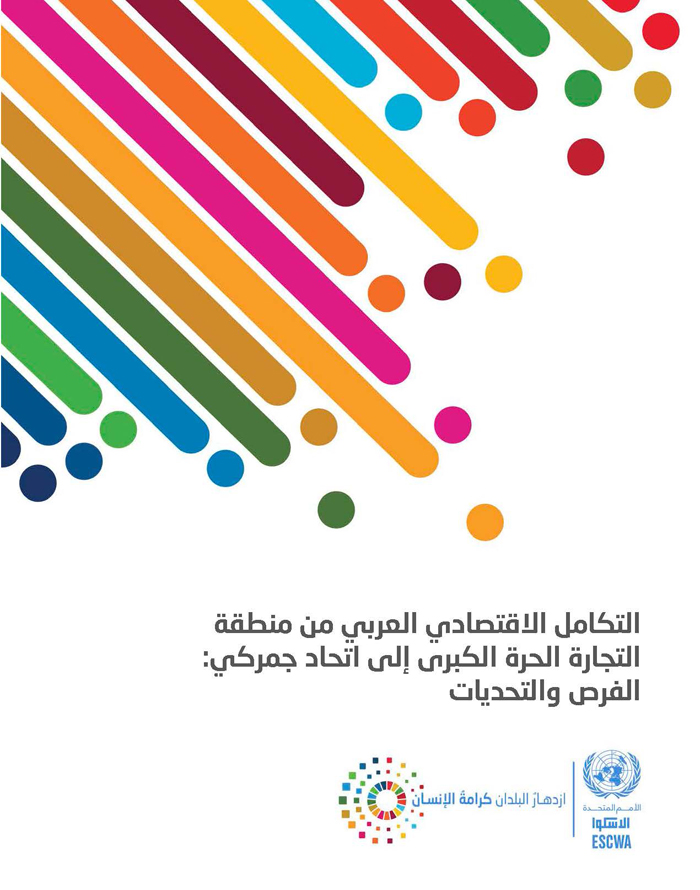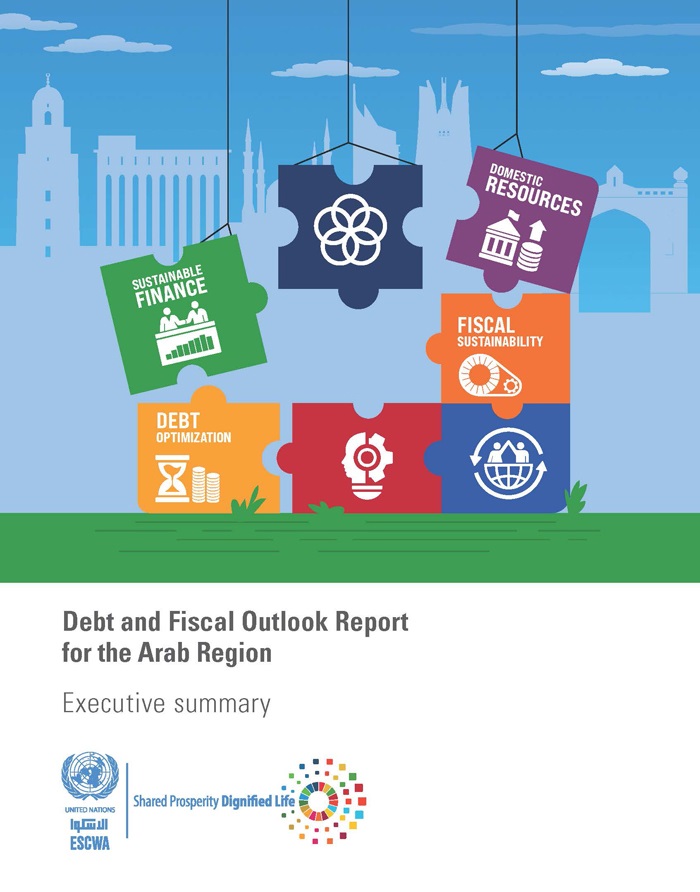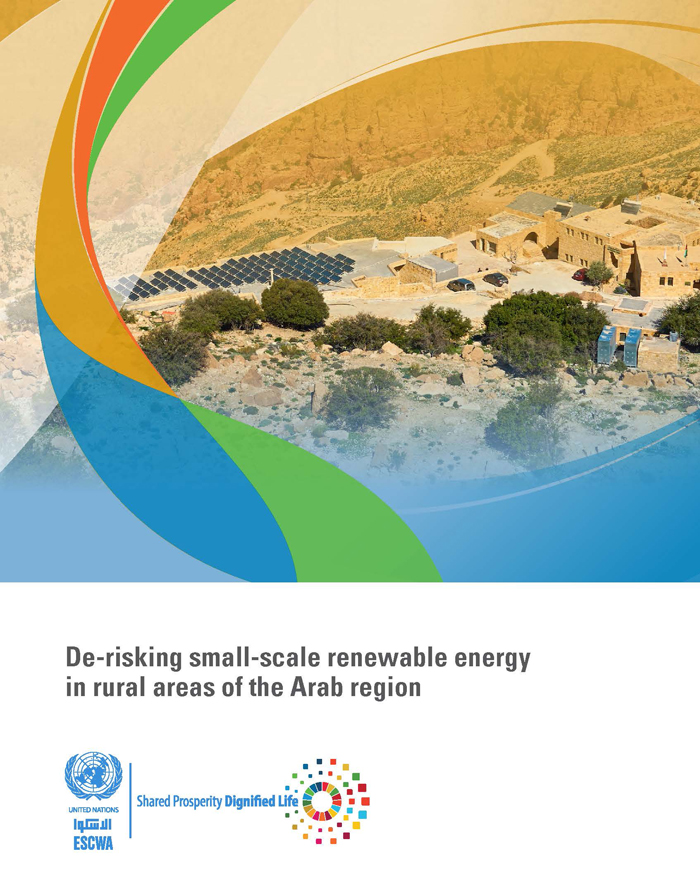
ESCWA Publication: E/ESCWA/CL3.SEP/2020/TP.9
Country: Arab region
Publication Type: Information material
Cluster: Shared Economic Prosperity, 2030 Agenda and SDG Coordination
Focus Area: 2030 Agenda, Financing for development
Initiatives: Transport and trade connectivity
SDGs: Agenda 2030
Keywords: Free trade, Trade facilitation, Macroeconomics, Tariffs, Economic integration
Arab economic integration from the greater free trade area to a customs union: opportunities and challenges
March 2021
As a follow-up to ESCWA publications on facilitating negotiations of the Arab Customs Union, this report aims to review the most important outputs of the activities carried out in the past four years within the framework of the United Nations Development Project to facilitate negotiations of the Arab Customs Union, by focusing on the most important outstanding issues that prevent the completion of the union's negotiations and facilitate its mechanisms.
An integrated methodology was adopted in preparing this report by focusing on the practical aspects of the results and recommendations of the project activities, as they are necessary to complete the negotiations of the Arab Customs Union and to adopt the necessary operational mechanisms to activate and make it successful. The first section of the report deals with the role of trade facilitation in promoting Arab economic integration, reviewing progress in the Arab Customs Union negotiations, and the outstanding issues on this track. The second section focuses on the importance of trade facilitation to enhance opportunities to benefit from trade preferences in general and the Greater Arab Free Trade Agreement in particular. It also examines the development of trade facilitation in the Arab region and the role of customs in this area. The third section includes an analysis of the most important issues related to the negotiations of the Arab Customs Union through researching the various scenarios for choosing a common external tariff structure. The fourth section assesses the macroeconomic and sectoral impacts of a set of scenarios for launching the Arab Customs Union and identifies those that can meet most of the aspirations of the member states. This section also addresses the fiscal and tax issues associated with the common external tariff scenarios and the flexibility mechanisms that can be adopted. The final section of the report includes practical recommendations to facilitate negotiations and define an operational path to launch the union, taking into account the disparities in the economic fabric and financial space of the member states on one hand, and the characteristics of national trade policies on the other hand.
Related content
2030 Agenda
, Financing for development
,
As a follow-up to ESCWA publications on facilitating negotiations of the Arab Customs Union, this report aims to review the most important outputs of the activities carried out in the past four years within the framework of the United Nations Development Project to facilitate negotiations of the Arab Customs Union, by focusing on the most important outstanding issues that prevent the completion of the union's negotiations and facilitate its mechanisms.
An integrated methodology was adopted in preparing this report by focusing on the practical aspects of the results and recommendations of the project activities, as they are necessary to complete the negotiations of the Arab Customs Union and to adopt the necessary operational mechanisms to activate and make it successful. The first section of the report deals with the role of trade facilitation in promoting Arab economic integration, reviewing progress in the Arab Customs Union negotiations, and the outstanding issues on this track. The second section focuses on the importance of trade facilitation to enhance opportunities to benefit from trade preferences in general and the Greater Arab Free Trade Agreement in particular. It also examines the development of trade facilitation in the Arab region and the role of customs in this area. The third section includes an analysis of the most important issues related to the negotiations of the Arab Customs Union through researching the various scenarios for choosing a common external tariff structure. The fourth section assesses the macroeconomic and sectoral impacts of a set of scenarios for launching the Arab Customs Union and identifies those that can meet most of the aspirations of the member states. This section also addresses the fiscal and tax issues associated with the common external tariff scenarios and the flexibility mechanisms that can be adopted. The final section of the report includes practical recommendations to facilitate negotiations and define an operational path to launch the union, taking into account the disparities in the economic fabric and financial space of the member states on one hand, and the characteristics of national trade policies on the other hand.



